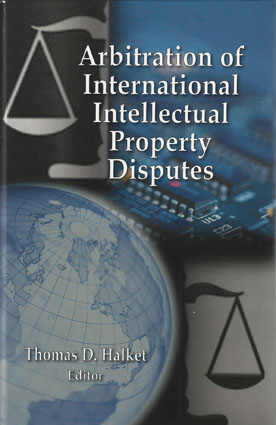
With the world more and more depending on technology of all types, the continued and growing importance of intellectual property cannot be understated.
There has been, and will continue to be, an accompanying explosion in the number and complexity of transactions in which intellectual property is a critical, if not the critical, element. Many of these transactions cross national boundaries; as do the disputes which inevitably arise from them. But international intellectual property disputes present complexities not encountered in either intellectual property disputes which are confined to one country or other international commercial disputes.
This book, which is designed not only for arbitration counsel and arbitrators but also for in-house counsel and transactional lawyers, provides a thorough guide to the use of arbitration to resolve these disputes. Both practical as well as scholarly, it starts by exploring how and why arbitration can provide the best way to resolve these disputes and how to draft an effective arbitration provision.
It then covers the principal unique issues which can arise in the arbitration itself, from choosing the tribunal through confidentiality, discovery, validity determinations, choice of law, provisional and final remedies and enforceability.